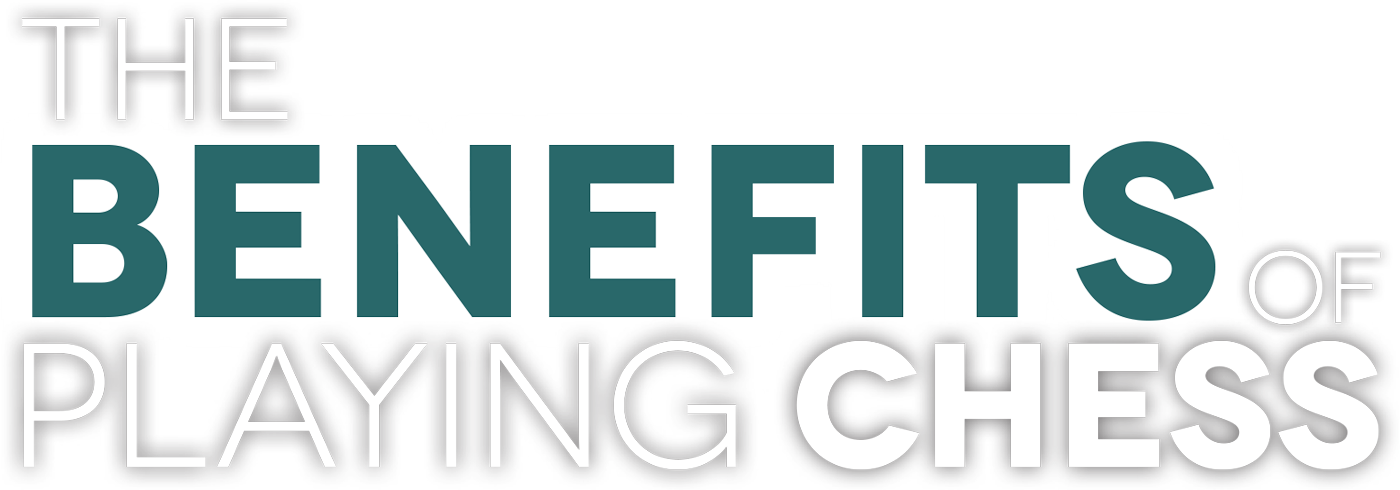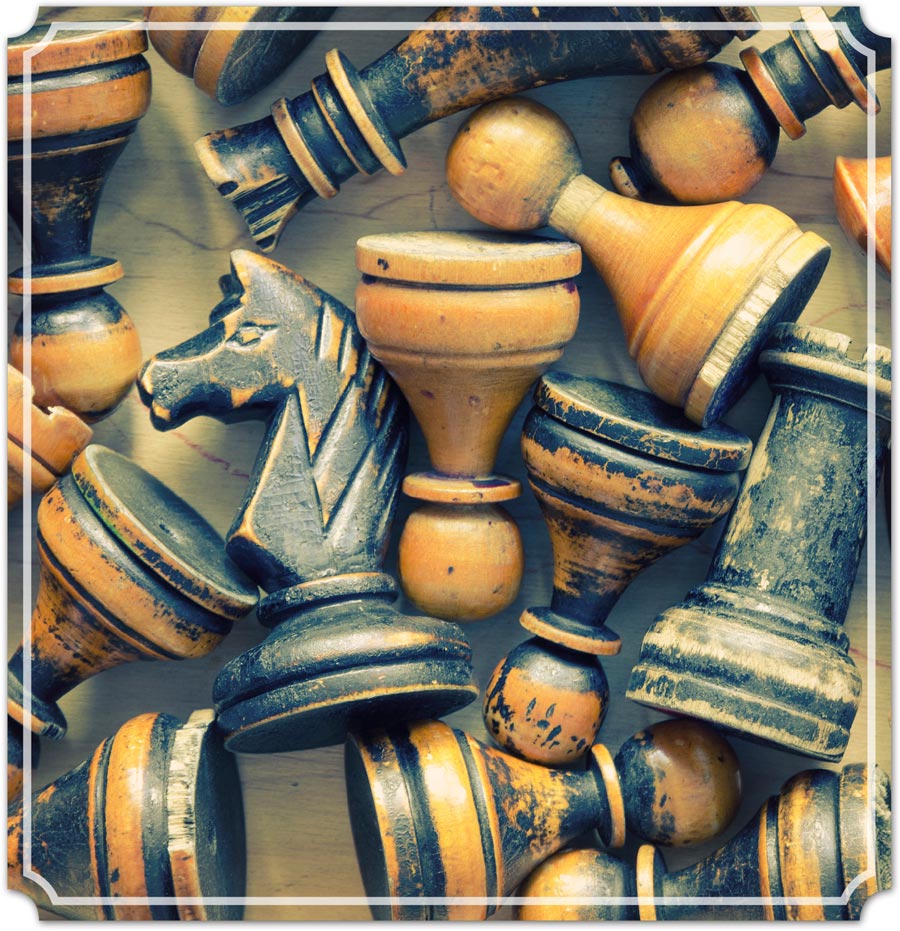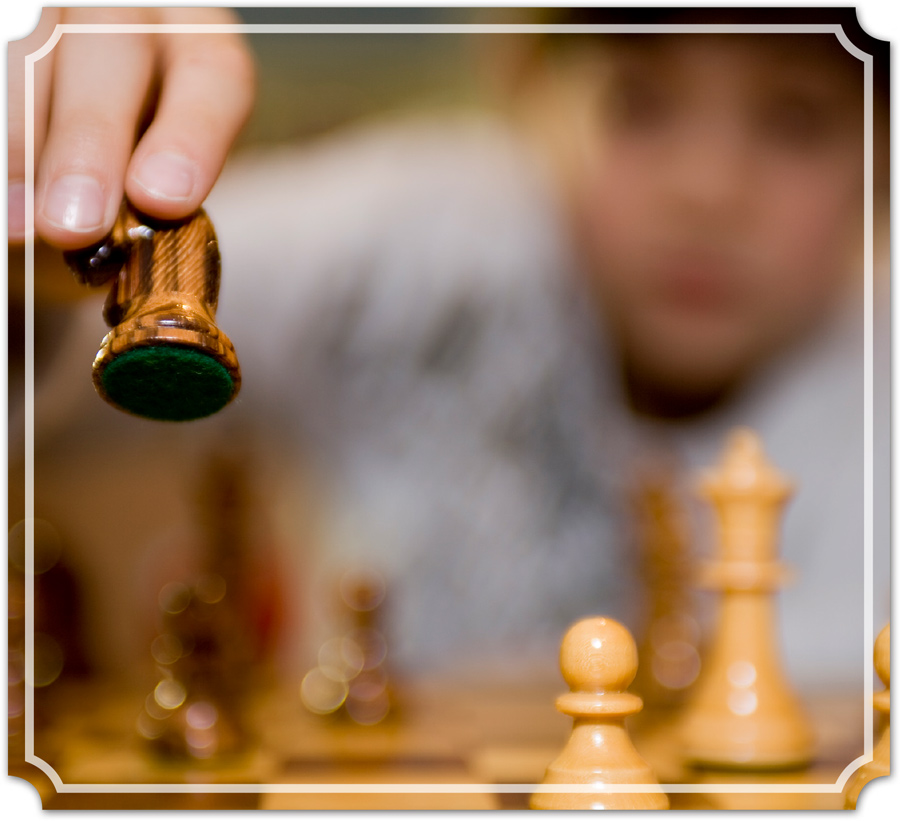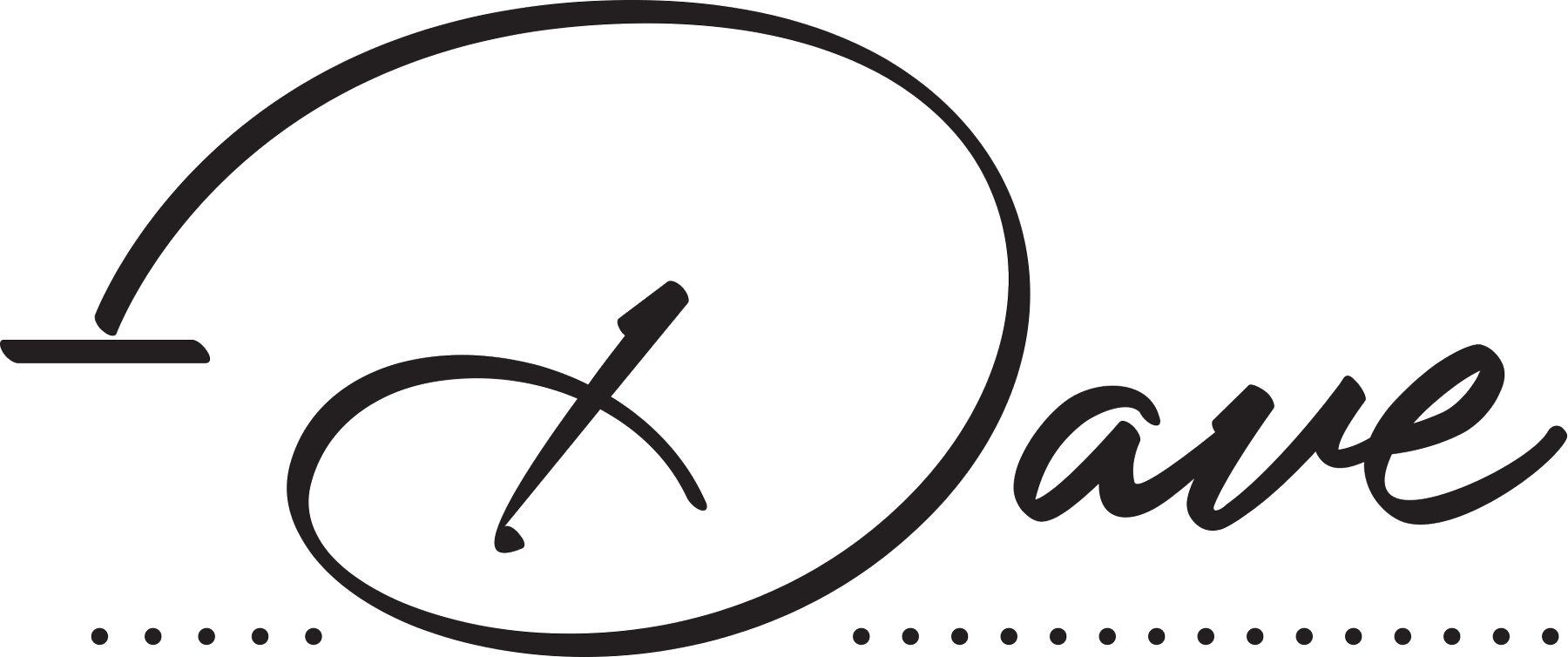
Personally, I also love the fact that it’s one of the few games that’s based 100% in skill and involves no luck. This means the time spent studying and learning the game will never be wasted because the better you get, the more you’ll win. And even though the total number of possible chess moves is finite, I have played literally thousands and thousands of games and no two have ever been the same, which keeps the game fresh, interesting and challenging.
Chess helps develop cognitive and creative thinking skills while also improving problem solving and decision making skills. Chess requires you to think, come up with a viable plan and carry it out. This is a microcosm for life, as it’s been said many times, “People don’t plan to fail, they fail to plan.” The thought process needed to constantly devise plans in the game of chess easily translates to many areas of life, from something as simple as throwing a ball, to driving a car, to planning your future and much more.

Players of all ages have also attested to improvement in memory as another benefit of playing chess. This is great for kids, but it’s becoming evident now that it’s even more important to people later in life as a fun exercise for their brain so they can continue to stay sharp.
Children who play chess build confidence with each win. Other benefits include an increase in reading aptitude as well as improved math skills. Another great thing about getting involved in chess is that it takes very little expense to get started. A roll-up chess board and a set of Staunton design pieces can be purchased almost anywhere for less than $20.

I really believe that the game of chess has so many benefits for kids that it should be fully incorporated into every homeschooler’s schedule. Chess has it all, especially when you factor in the human element. Many of the friends I have today are friends because we first met playing chess, whether it was over the board at a local chess club or online. Of course with the advent of the Internet, I can play a game anytime and also keep in touch with my chess playing friends all over the world.
In the game of chess, there’s always someone better than you and there’s always someone worse. Another thing that makes the game great is, it doesn’t matter where you are with regard to skill level, if your opponent is equal in strength, you’ll always have fun playing.

